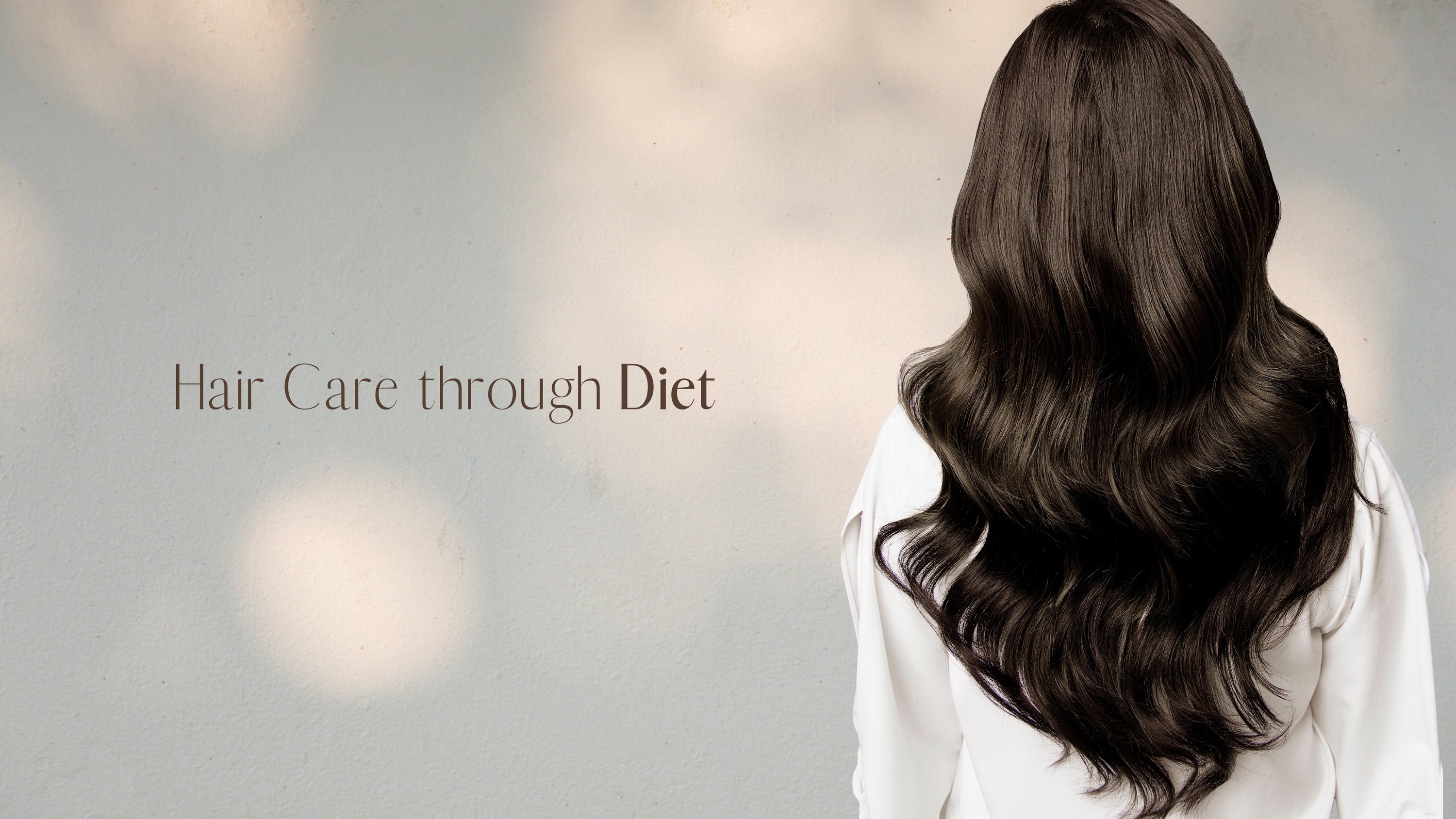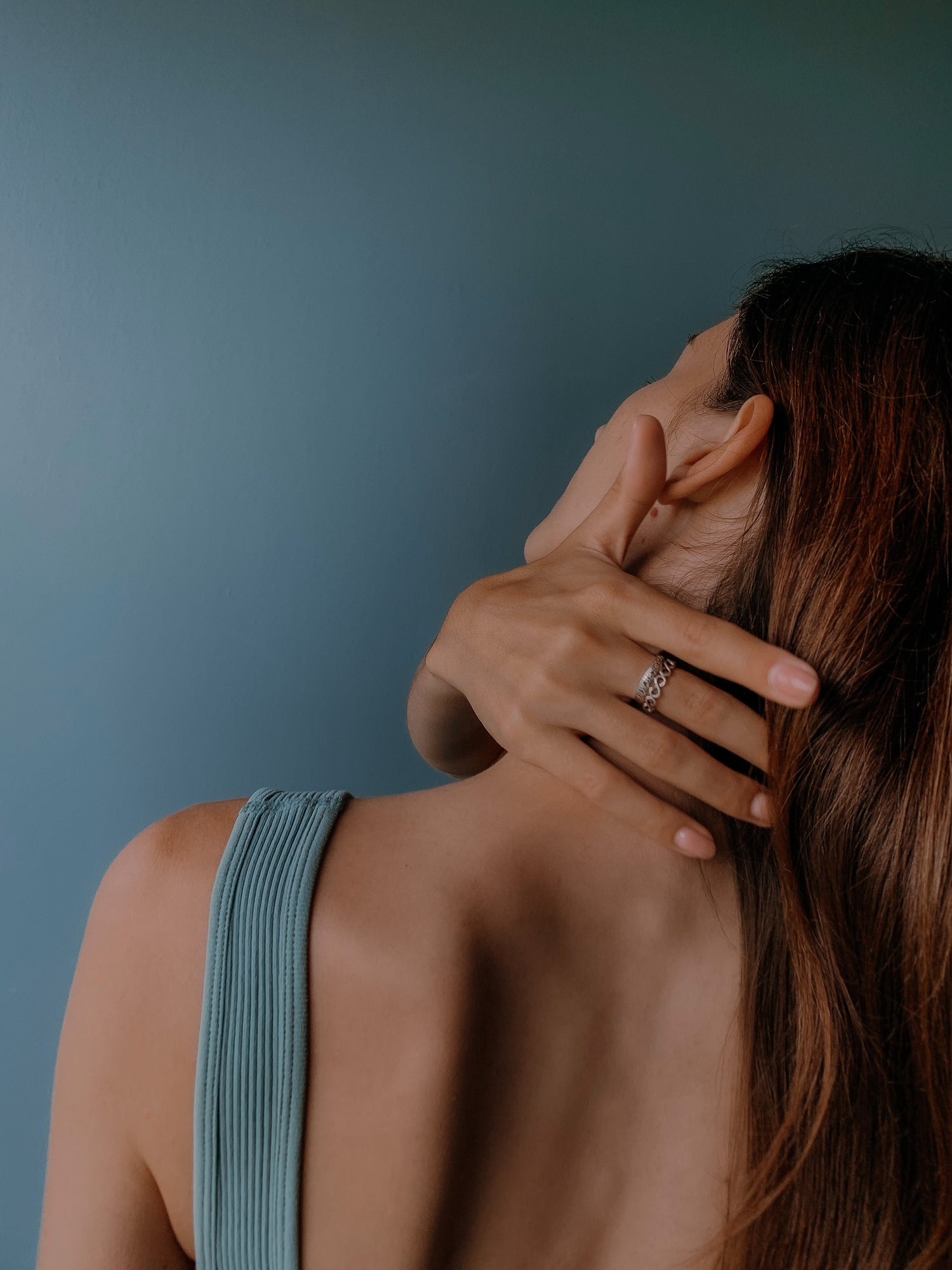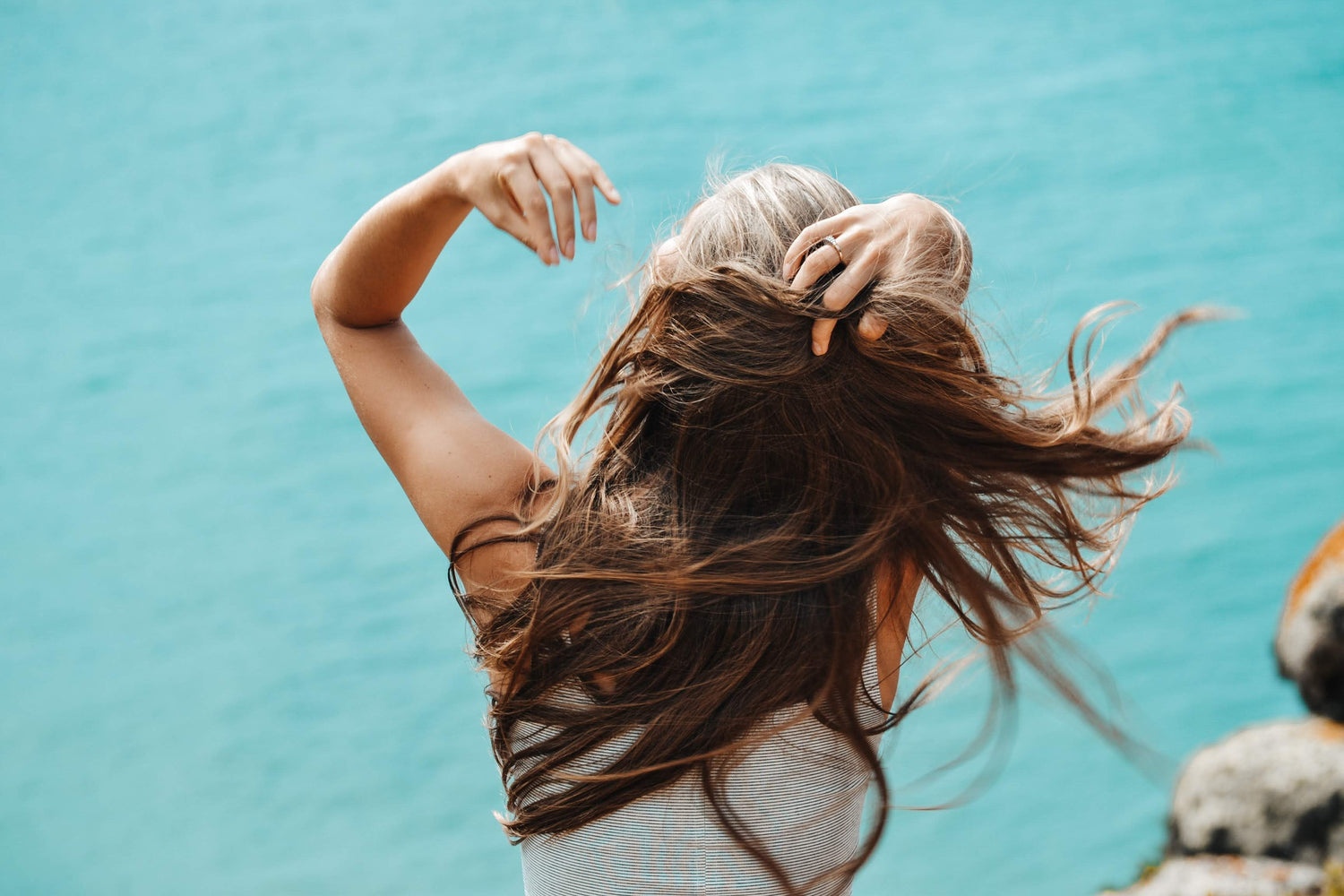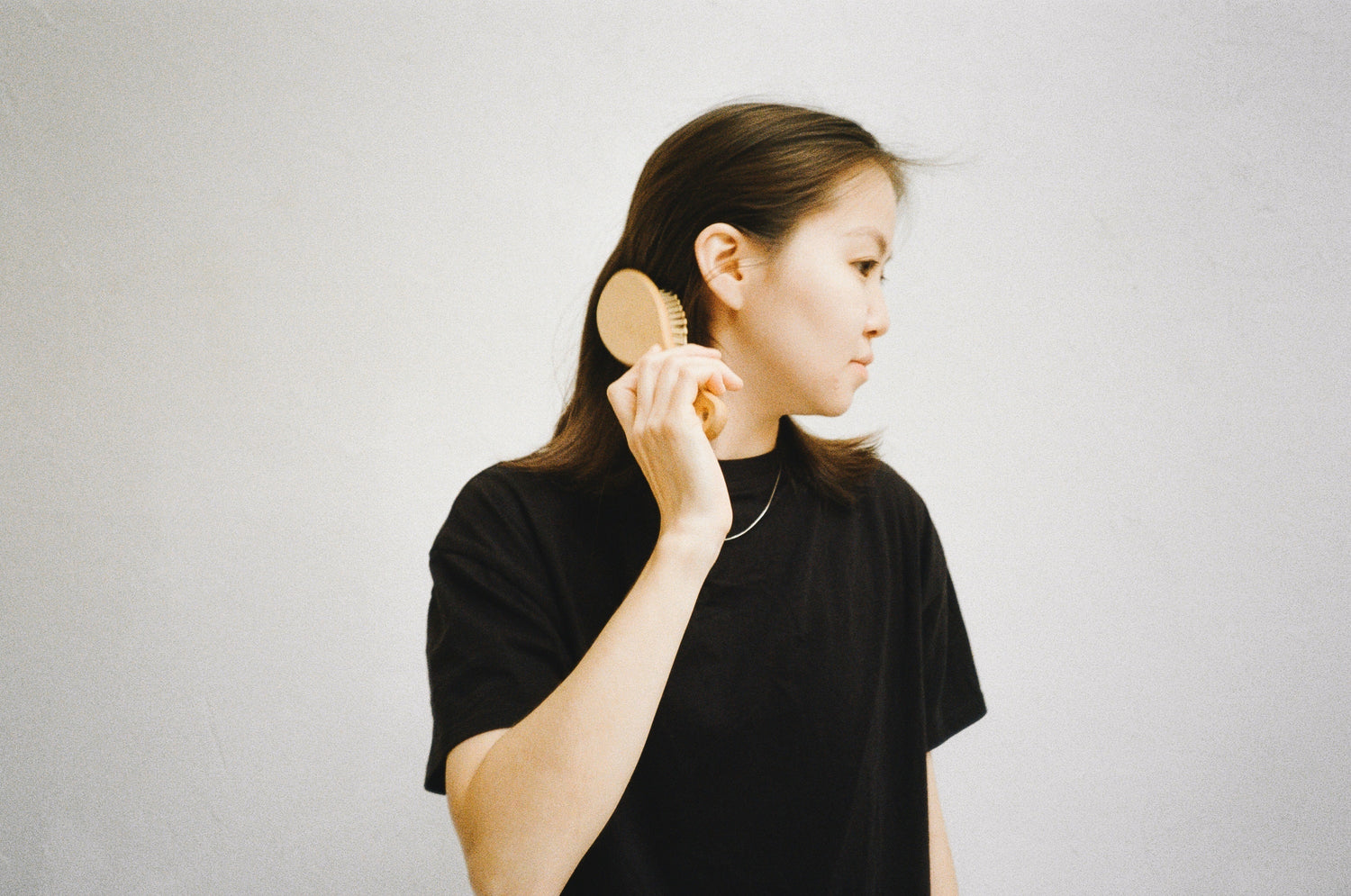Lots of women search for the ‘secrets for healthy hair’, hoping to find the magic cure that will give them the thick, gorgeous locks of a Hollywood star. But here’s the real secret: There is no secret!
It’s not about using raw eggs, bottles of beer or expensive designer potions. By simply tweaking the foods you put into your body, you can go from limp, lifeless locks to thick, flowing hair and reduce hair loss all in one go.
We interviewed a top hair expert to find out more about achieving an enviable head of hair, and here are the fascinating – and sometimes surprising – answers.
1. What’s one of the best-kept secrets for healthy hair?
If you’ve been dealing with unhealthy hair for a while, chances are you have purchased products that claim to reduce the damage in a single wash and leave your hair shiny and beautiful. However, most of these products do not work at all, and when you find the few that do, their effects don’t last very long. There is no magic potion to fix your hair – the only solution is a healthy diet and proper care of your hair.
Proper care includes using high-quality products on your hair, such as nourishing sulphate-free shampoos and conditioners.

2. When it comes to hair loss, how much is a ‘normal’ amount to lose every day?
The amount of hair you lose each day depends on how much hair you have, your age and the growth cycle of your hair.
People with fine hair tend to have more of it and therefore usually lose more of it than thicker-haired people do. Most people lose between 40 and 120 strands of hair per day, but this can differ.
3. What can I include in my diet to get healthier hair? Is there specific food for healthy hair that I should be eating?
Great question! There are a number of vitamins and minerals that are greatly beneficial to your hair, and including them in your diet can significantly enhance the health of your locks. These include:
- Vitamin A (beta carotene) which increases the growth of hair cells. Vitamin A is found in leafy vegetables such as spinach and lettuce, as well as carrots and other brightly coloured vegetables.
- Vitamin B, which comprises various amines including B1, B2, B3 and B5 that revitalise the hair. B1, for example, stimulates the hair follicles while B2 works to maintain the health of your hair. Vitamin B is found abundantly in chicken’s eggs, certain fish (like mackerel), Swiss cheese, low-fat dairy and beef liver.
- Vitamin C, which enhances the formation of collagen – a main building block of your hair that contributes to its vitality and health. Vitamin C also strengthens and adds texture to your hair. Vitamin C is found in citrus fruits, green vegetables and fruit.
- Biotin (Vitamin H), which is known for its role in improving hair growth. It also helps to prevent hair breakage, protects against dryness and enhances elasticity of your hair. Get a healthy dose of biotin from cow’s milk, nuts, fruit and eggs.
- Zinc, an essential component of sebum, which is naturally produced by the scalp. Zinc also helps to keep the hair shaft healthy and strong, and it’s particularly essential to the health of your hair as many enzymes depend upon it. Insufficient amounts of zinc can lead to grey hair, so be sure to eat plenty of spinach, pumpkin seeds, nuts, beans and oysters!
- Copper, which is responsible for the pigmentation of your hair, skin and eyes. Furthermore, the body requires copper for the creation of collagen in the connective tissue and bones. Get your copper fix from a healthy dose of nuts, seeds, pulses, avocados and dried fruit.

4. Can hair loss be related to lifestyle factors, and not just diet?
Scientifically, the answer to the above question is yes. Your regular habits and almost everything that has been incorporated in your daily regimen affects the health of your hair.
Take stress for example. It’s one of the major contributing factors to hair loss, and it can also lead to a number of other physical and emotional disorders. It is not necessarily stress itself that causes hair loss, but the vices that the sufferer relies on to manage their stress.
For example, many people experiencing stress may turn to caffeine, nicotine or junk food for relief. While these offer a quick fix in the short term, they cause even more damage to the body, and the hair, in the long run. An unhealthy diet leads to nutrient deficiencies, which can weaken the hair and hinder proper growth. Smoking is especially detrimental to hair growth, and should be avoided if you desire shining, healthy locks.
Lastly, other common factors that can directly or indirectly lead to hair loss and damage are excessive consumption of sugar and fat, lack of sleep, lack of exercise, hormonal imbalances and dehydration.
5. How does drinking water improve the health of my hair?
When your body doesn’t get enough water, it begins to dry out. The skin and hair are the first and most noticeable areas of dryness from dehydration. By drinking at least eight glasses of water a day, you’ll ensure that your body stays well hydrated, and that your hair follicles receive the essential moisture they require to look their best.

How can I get healthy hair instantly?
Changing your diet and modifying your lifestyle will lead to healthier hair in the long term, but if you need an immediate fix, clip-in hair extensions are the perfect option. They can give you healthy-looking thick hair in just a matter of minutes!
High quality hair extensions, such as those offered by Frontrow, can be attached to your real hair in minutes and will instantly transform dull, listless hair into a cascade of healthy locks. Best of all, they look completely natural and they won’t affect your natural hair in any way, giving you the time you need to repair your hair without having to compromise on your looks.






